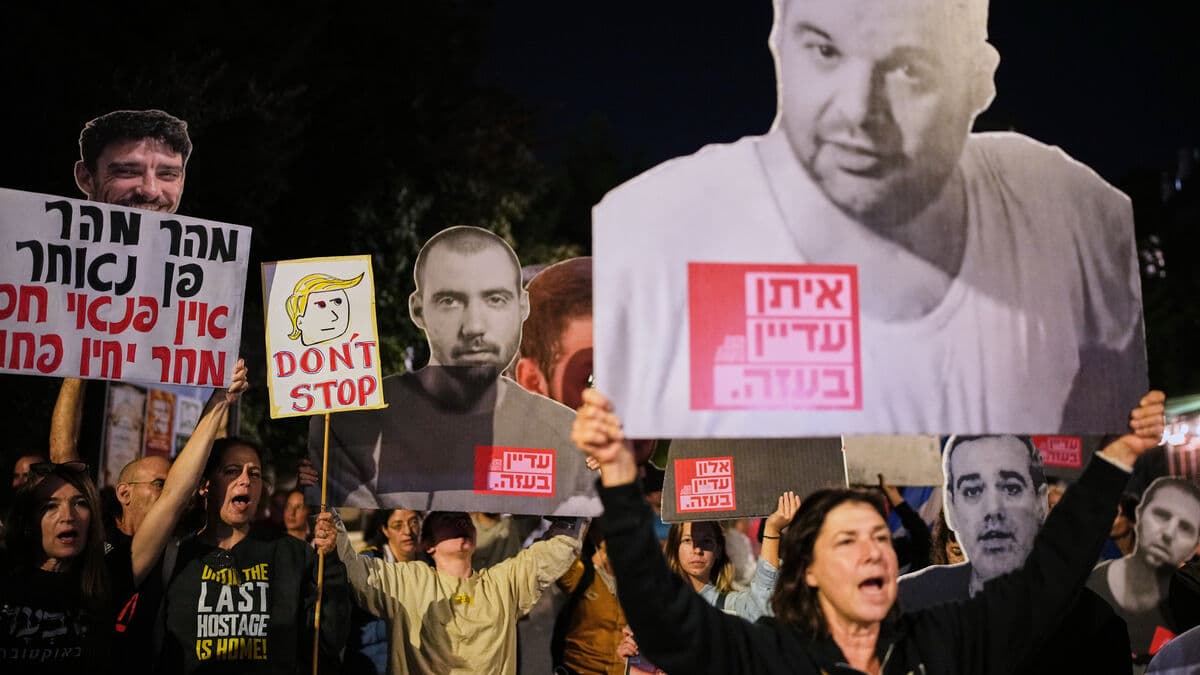One step at a time.
This will be a key principle when the US proposal for peace in Gaza, consisting of 20 points, is now being negotiated.
This week's talks are expected to focus on the release of the remaining hostages in Gaza in exchange for the release of hundreds of Palestinian prisoners.
Terror-listed Hamas has given a vaguely positive response to Trump's proposal. But a quick release would be spectacular.
Hostages are Hamas' trump card. If they release them, they are in principle at the mercy of promises and guarantees from Trump and Netanyahu, says Anders Persson, associate professor and researcher at Linnaeus University.
High-profile prisoners
An important sub-question is which Palestinians will be released in exchange for the hostages.
It is important for Hamas to get out the most high-profile prisoners, who are seen as important freedom fighters, says Isabell Schierenbeck, professor of political science at the University of Gothenburg.
This also concerns people who represent Hamas' political rivals, Fatah and PLO. But in a situation where the extremist movement may be facing its own dissolution, it becomes important to nurture its legacy.
This would be a great success for Hamas, something they would be remembered for, says Isabell Schierenbeck.
Hamas also wants guarantees regarding the next crunch issue - the one about an Israeli withdrawal from territory in Gaza.
"Difficult questions"
The parties are far from each other on how this should be done and whether it should apply to the whole of Gaza. Other major stumbling blocks concern the disarmament of Hamas and how Gaza will be governed after the war.
Even if Trump's plan contains 20 points, it is quite short and vague. These are not easy questions to solve, says Anders Persson.
Israeli Prime Minister Benjamin Netanyahu's far-right coalition partner may try to put obstacles in the way of compromises with Hamas. But in general, Trump's peace plan is seen as relatively favorable to Israel among politicians and commentators in the country, according to Anders Persson.
Hamas also has the opportunity to present an agreement as a success, believes Isabell Schierenbeck.
They can point out that the Palestinians now have a whole world opinion, including some of Israel's closest allies, on their side when it comes to the issue of a Palestinian state, after a long silence on the matter.






